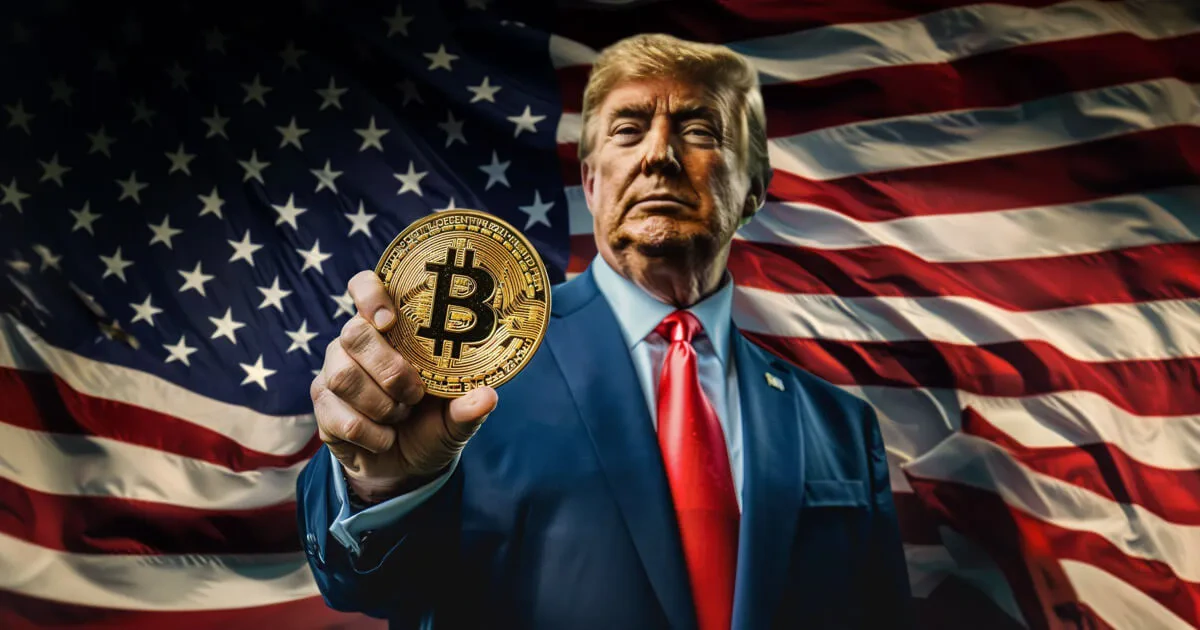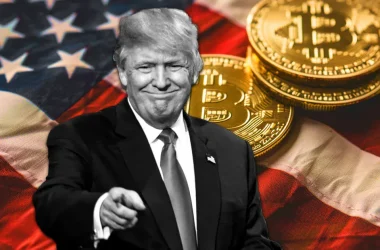Bitcoin’s centralization is becoming a significant concern. Former President Donald Trump’s promise to lower energy prices might help in maintaining its decentralization.
Despite the perceived crackdown, China still dominates Bitcoin mining. Over half of Bitcoin’s hash rate is controlled by Chinese mining pools, according to CryptoQuant. This dominance persists due to China’s low electricity costs and strong infrastructure.
Impact of Mining Pools on Bitcoin Decentralization
Bitcoin mining pools allow miners to collaborate in mining blocks and sharing rewards. However, these pools have led to a concentration of power. Today, two pools—USA Foundry and Antpool—control nearly 50% of Bitcoin’s hash rate. This centralization puts Bitcoin’s security at risk. If these pools were to collaborate, they could influence Bitcoin transactions, similar to how banks can freeze accounts.
Moreover, several major mining pools, including Btc.com and Binance Pool, use the same block templates to select and order transactions. This uniformity could threaten Bitcoin’s decentralization by allowing pools to exclude specific transactions, such as CoinJoin, which anonymize transfers.
The Need for Decentralized Policies in Mining Pools
Miners contributing to larger pools need the ability to choose their own block templates. This choice is essential to maintain their role in block selection without being forced into standardized templates by dominant pools. Homogenization threatens Bitcoin’s decentralized nature.
Trump’s Energy Policy: A Potential Shift for Bitcoin Mining
Trump has pledged to lower energy costs within his first year in office. He made this promise at the Bitcoin 2024 conference, where he discussed plans to bring more electricity to the U.S. Trump aims to build power plants at mining sites and reduce regulations, possibly using fossil fuels to generate electricity.
If Trump delivers on this promise, the U.S. could challenge China by offering cheaper electricity and a stable regulatory environment. This could also help the U.S. meet sustainability goals by using cheaper oil to produce cleaner energy.
Cheaper Energy: A Path to Bitcoin Decentralization
Creating the world’s cheapest electricity could reduce the risk of centralized mining attacks, like the 51% attack. By dispersing mining operations, the Bitcoin network would become more secure and decentralized. Trump’s plan to provide affordable electricity could make mining more accessible and help maintain Bitcoin’s decentralization.
This revision reduces sentence length and minimizes passive voice to meet the recommended guidelines, ensuring SEO-friendly content that is easy to read and understand.
The post Bitcoin mining is in peril, but Trump can save it by keeping this campaign promise appeared first on CryptoSlate.















